Publications
Articles, publications, books, tools and multimedia features from the U.S. Institute of Peace provide the latest news, analysis, research findings, practitioner guides and reports, all related to the conflict zones and issues that are at the center of the Institute’s work to prevent and reduce violent conflict.
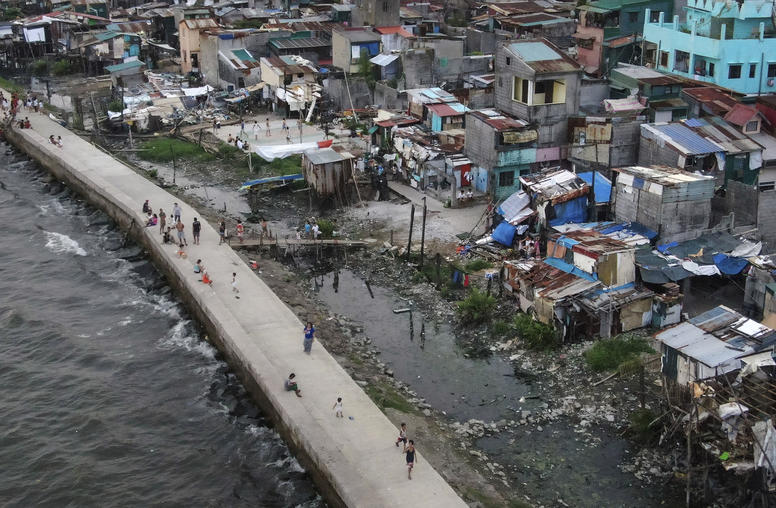
The Peacebuilding Implications of the Latest U.N. Climate Report
This week, the U.N. Intergovernmental Panel on Climate Change released its most extensive and alarming report yet. The findings made clear that the window to stifle the worst impacts of climate change is rapidly closing — and that efforts to protect the most vulnerable communities have fallen short thus far. This places peacebuilders in a difficult bind, as unchecked climate change correlates to increased conflict, but rapid adaptions and a wholesale transition to green energy risk further disruption in already fragile regions. USIP’s Tegan Blaine looks at how climate policy and peacebuilding can work together to ensure that we stay ahead of the climate curve while still putting affected communities on the path toward long-term peace and stability.
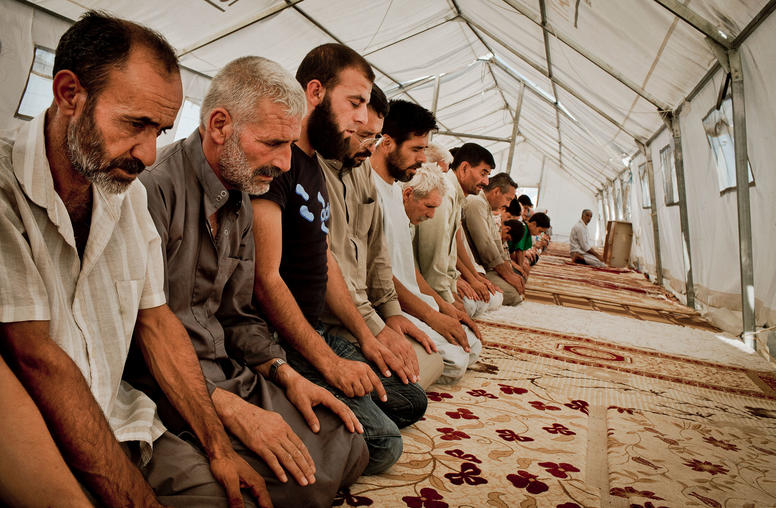
Peaceful Masculinities: Religion and Psychosocial Support Amid Forced Displacement
The number of people displaced globally due to conflict and violence nearly doubled between 2010 and 2020 from 41 million to 78.5 million, the highest number on record. Forced displacement, within and across national borders, exposes persons to stressful events and trauma, making psychosocial support a critical part of successful integration in new communities and societies. Those forcibly displaced include women and girls, men and boys, and gender and sexual minorities.

William Taylor on the Latest from Russia’s Invasion of Ukraine
As Ukraine's military continues to resist Russian advances throughout the country, USIP's Ambassador William Taylor offers the latest updates on the situation, saying that "the international tide is clearly turning against Russia" as more nations implement sanctions and that "Russia is now a pariah state."
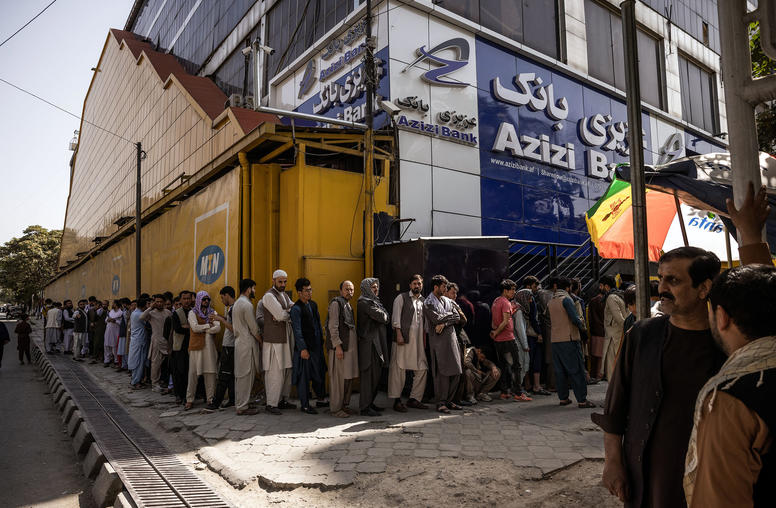
Afghanistan’s Frozen Foreign Exchange Reserves: What Happened, What’s Next
President Biden’s executive order blocking more than $7 billion of Afghan foreign currency reserves held at the U.S. central bank left confusion and consternation in its wake. And no wonder: The administration was seeking to balance a complex set of legal, foreign policy and political considerations.
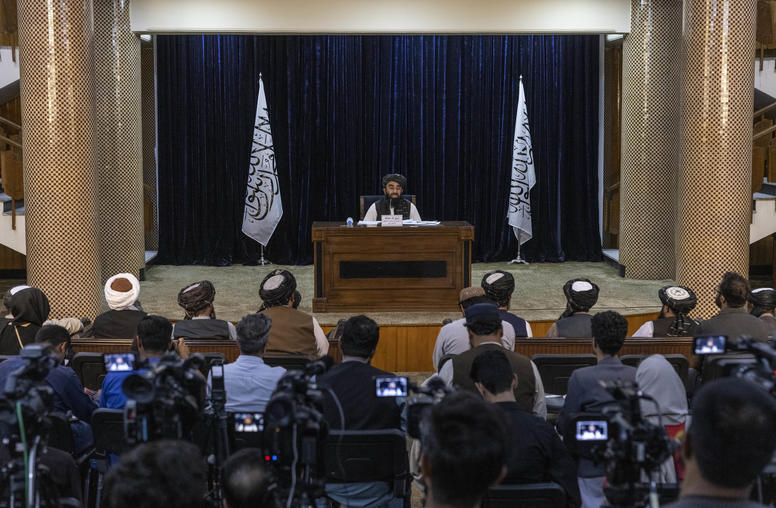
Afghan Taliban Views on Legitimate Islamic Governance
Since their return to power in August 2021, Taliban leaders have not yet articulated a clear vision of how they plan to structure the Afghan state. Some observers have expressed guarded optimism that the Taliban can be persuaded to move away from the more authoritarian and illiberal aspects of their first regime. This report is intended to help these negotiators—whether from the international community or Afghan civil society—find possible compromises between the Taliban’s vision of “true” Islamic governance and liberal democracy and respect for human rights.
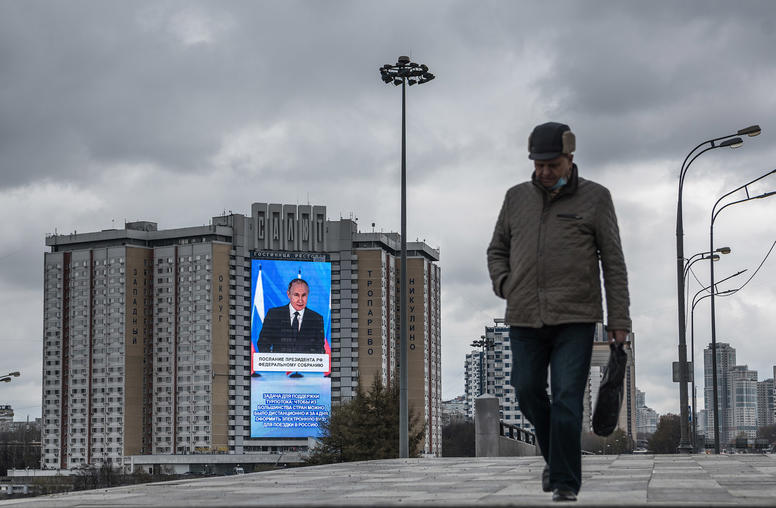
With Friends Like These: How Russia’s Invasion of Ukraine Hurts Central Asia
While accepting Russia’s big footprint in their security and economic lives, Central Asian countries have tried to conduct “multi-vector” foreign policies. These countries know that having good (or at least balanced) relations with Russia, China and the United States is important in the long term — and that Central Asian leaders who’ve tried to play the big powers against each other often wind up the loser.
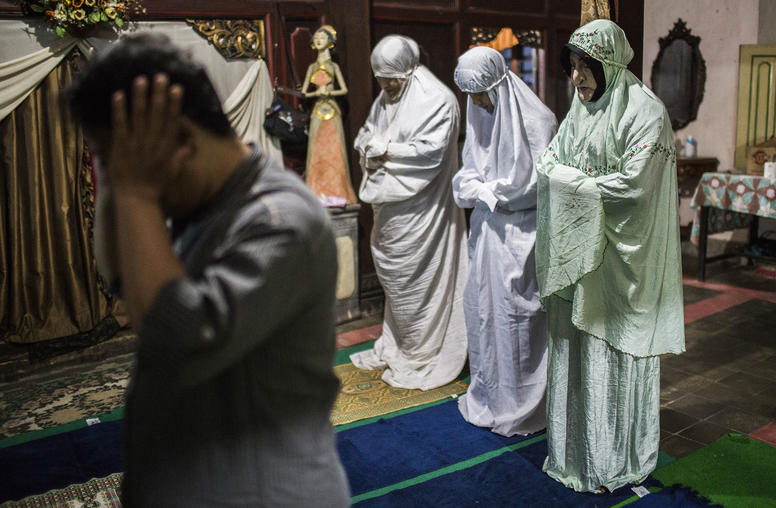
Exploring the Nexus of Religion and Gender and Sexual Minorities
Peacebuilders and practitioners have long recognized that knowledge of local contexts leads to more practical and effective programming. However, knowledge of unique gender and sexual identities, as well as cultural practices, has been mostly absent from the long list of cultural dynamics that are assessed when looking at local peacebuilding contexts — despite often holding deeply important symbolic, religious and political meanings.
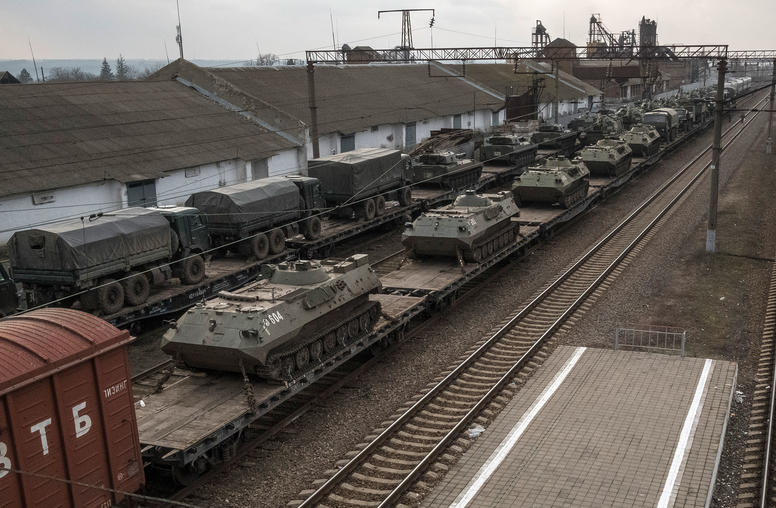
How Putin’s Invasion of Ukraine Affects the Rest of Russian Foreign Policy
USIP’s Heather Ashby, Jude Mutah, Andrew Scobell and Mona Yacoubian examine how the invasion of Ukraine might have shifted Moscow’s decision-making in other regions — such as Syria, the Sahel and China.
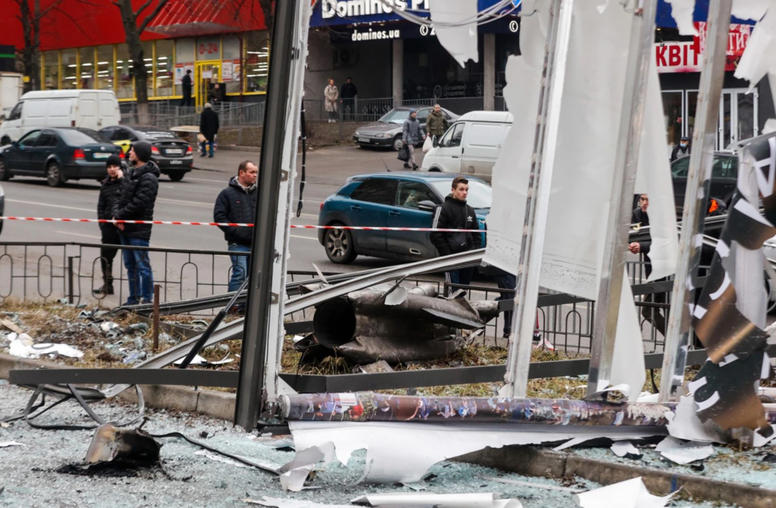
Ukraine: Putin Chooses His ‘Forever War’
Russian President Vladimir Putin’s massive, unprovoked invasion of Ukraine has received the immediate response promised by the United States and allied democracies: economic sanctions and solid support for Ukraine’s self-defense. While deterrence failed to divert Putin from war, its escalation remains a vital tool for the community of democracies to support Ukraine. The choice continues to be Putin’s—to stand down or to dive into an abyss of Europe’s most destructive war in eight decades.

Elizabeth Murray on Peacebuilding and the Global Disability Summit
The pandemic has “really laid bare some inequalities” facing those with disabilities, says USIP’s Elizabeth Murray. But last week’s Global Disability Summit offered “an opportunity for disability inclusion to be integrated across U.S. foreign policy,” particularly when it comes to peacebuilding programs.